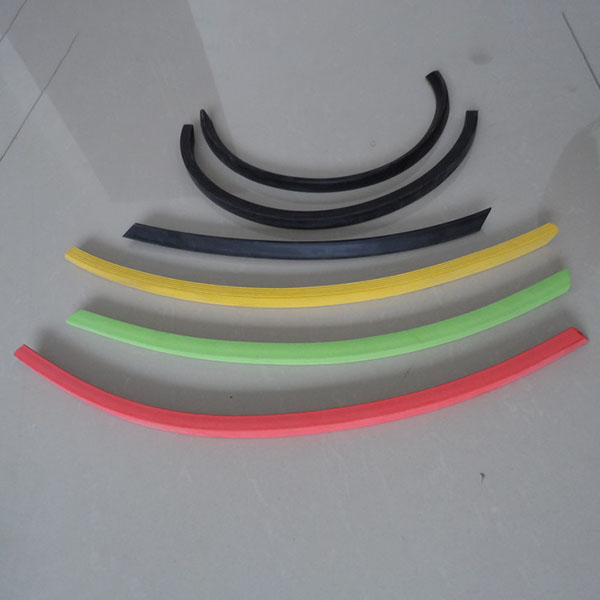ጥቅም . 17, 2024 04:33 Back to list
HEPA Filter Solutions for the Pharmaceutical Industry's Air Quality and Safety Standards
The Importance of HEPA Filters for Pharmaceutical Companies
In the pharmaceutical industry, maintaining a sterile and contaminant-free environment is essential. With the increasing demand for high-quality medicines and biologics, pharmaceutical companies are prioritizing the implementation of stringent quality control measures to ensure the safety and efficacy of their products. One critical element in achieving these standards is the use of High-Efficiency Particulate Air (HEPA) filters.
What are HEPA Filters?
HEPA filters are high-efficiency air filters that can remove at least 99.97% of airborne particles that are 0.3 microns in diameter. This includes dust, pollen, mold spores, and even bacteria and viruses. The construction of HEPA filters involves densely packed fibers that trap these particles in the air, ensuring that only clean air passes through.
The Role of HEPA Filters in Pharmaceutical Manufacturing
In the context of pharmaceutical manufacturing, HEPA filters play a critical role in several areas
1. Contamination Control Contaminants present in the air can compromise the integrity of pharmaceutical products. HEPA filters are used extensively in cleanrooms and controlled environments to minimize the risk of contamination. By filtering the air, these filters help maintain the necessary sterility levels required for the production of drugs, particularly those that are injectable or involved in sensitive biological processes.
2. Regulatory Compliance The pharmaceutical industry is subject to strict regulations set by health authorities such as the FDA (Food and Drug Administration) and EMA (European Medicines Agency). These regulations often mandate the use of HEPA filters in production areas to comply with Good Manufacturing Practices (GMP). Regular maintenance and certification of these filters are crucial to ensure that they meet the required standards and do not become a source of contamination themselves.
3. Protecting Workers In addition to safeguarding products, HEPA filters also protect workers by improving air quality in manufacturing facilities. Many pharmaceutical processes can generate hazardous airborne particles, and HEPA filters help mitigate exposure for employees, thereby promoting a safer workplace.
hepa filter for pharmaceuticals companies

4. Environmental Control Pharmaceuticals often require specific temperature and humidity conditions during manufacturing. HEPA filters, when paired with ventilation systems, contribute significantly to maintaining these environmental controls. By ensuring that the air entering the facility is clean and dry, they help create a suitable environment for sensitive production processes.
Challenges and Maintenance of HEPA Filters
While HEPA filters are incredibly effective, they are not without challenges. Over time, filters can become clogged with trapped particles, which can reduce airflow and increase pressure drops, potentially compromising their efficacy. Regular maintenance is essential to ensure optimal performance. This includes routine inspections, cleaning, and timely replacements of filters according to manufacturer recommendations.
Moreover, understanding the airflow dynamics of a cleanroom or controlled environment is crucial. The placement of HEPA filters must be strategically executed to ensure that air circulation is effective throughout the facility, providing uniform filtration without creating dead zones where contaminants could accumulate.
Future Trends in HEPA Filtration for Pharmaceuticals
As technology continues to evolve, so do filtration systems. Future advancements in HEPA filter technology may include the integration of monitoring systems that track air quality and filter performance in real-time. These smart technologies could provide alerts for maintenance needs before issues arise, thus enhancing the overall efficiency of filtration systems in pharmaceutical facilities.
Additionally, the growing trend towards sustainable practices in the industry may pave the way for innovative filtration solutions that incorporate eco-friendly materials or designs that minimize waste.
Conclusion
In conclusion, HEPA filters are indispensable for pharmaceutical companies striving to meet rigorous cleanliness and safety standards. Their role in contamination control, regulatory compliance, worker protection, and environmental management is fundamental to the successful production of safe and effective pharmaceuticals. As the industry evolves, the continued innovation in HEPA filtration technology will undoubtedly contribute to even higher standards of quality and safety, ensuring that patients receive the best possible products. Investing in HEPA filters is not just a regulatory requirement; it is a commitment to excellence in the pharmaceutical sector.
-
CE Certified Deep Fryer Oil Filter Machines Efficient & Safe
NewsMay.14,2025
-
Affordable PLKJ-20 Pore Size Analyzer Precise & Budget-Friendly Filter Paper Testing
NewsMay.14,2025
-
China Eco Oil Filter Machine Manufacturer Automated Production Line
NewsMay.14,2025
-
RTS AliExpress Way Compressed Air Filters High-Efficiency Solutions
NewsMay.13,2025
-
OEM PLRX-1000 HDAF Hot Melt Threading Machine High-Speed Precision & Custom Solutions
NewsMay.13,2025
-
OEM PLHK-50 Cabin Filter Non-Woven Slitting Machine Precision Cutting Solutions
NewsMay.12,2025
